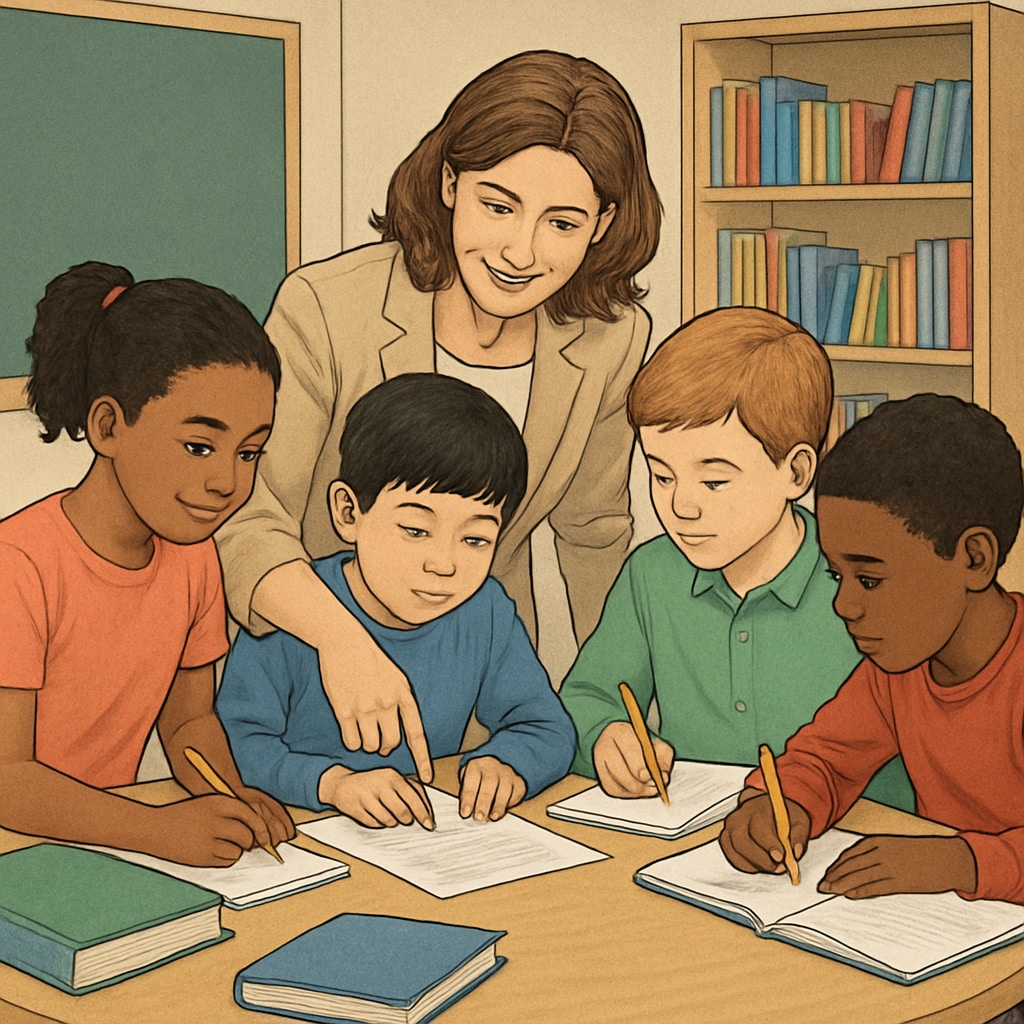The concepts of “giftedness, education system, expectation pressure” form a dangerous triad in modern K12 schooling. Research shows that labeling students as “gifted” or “non-gifted” creates systemic inequities that persist throughout academic careers.

The False Dichotomy of Innate Ability
Educational psychologist Carol Dweck’s work on growth vs. fixed mindsets directly challenges traditional gifted programs. Key issues include:
- Arbitrary cutoff scores (often culturally biased)
- Overemphasis on standardized testing
- Self-fulfilling prophecies for both labeled and unlabeled students
Expectation Pressure and Its Consequences
Students identified as gifted face unique stressors according to Britannica’s analysis:
- Perfectionism and fear of failure
- Social isolation from peers
- Burnout from accelerated curricula

Meanwhile, non-labeled students frequently develop limiting self-perceptions. A 2022 Johns Hopkins study found that 68% of middle schoolers internalized ability labels as permanent traits.
Building Inclusive Alternatives
Progressive schools demonstrate better approaches:
- Skill-based grouping (temporary and flexible)
- Universal enrichment opportunities
- Process-focused praise instead of ability labeling
As education evolves beyond the “giftedness, education system, expectation pressure” paradigm, more students will experience authentic intellectual growth without artificial limits.


